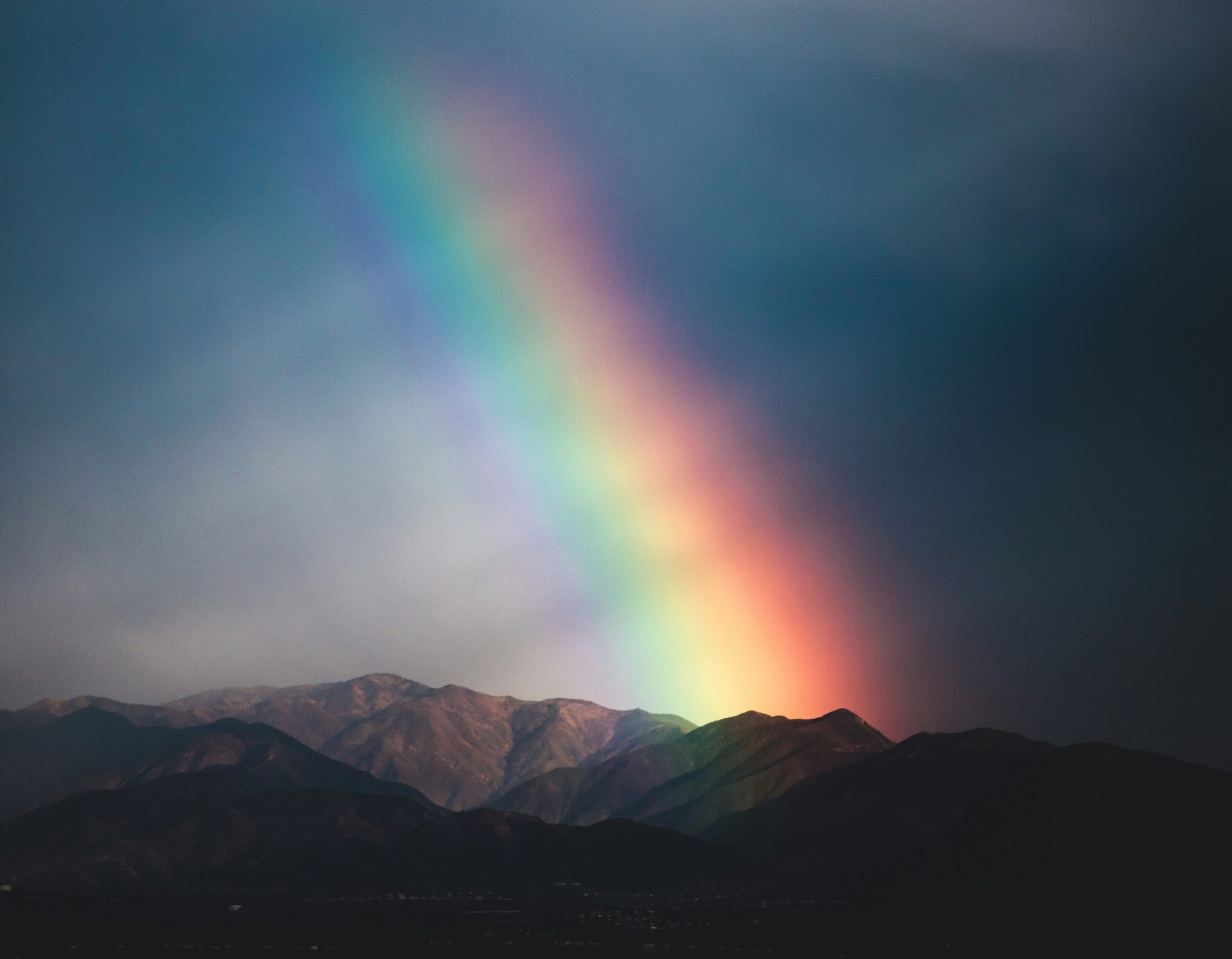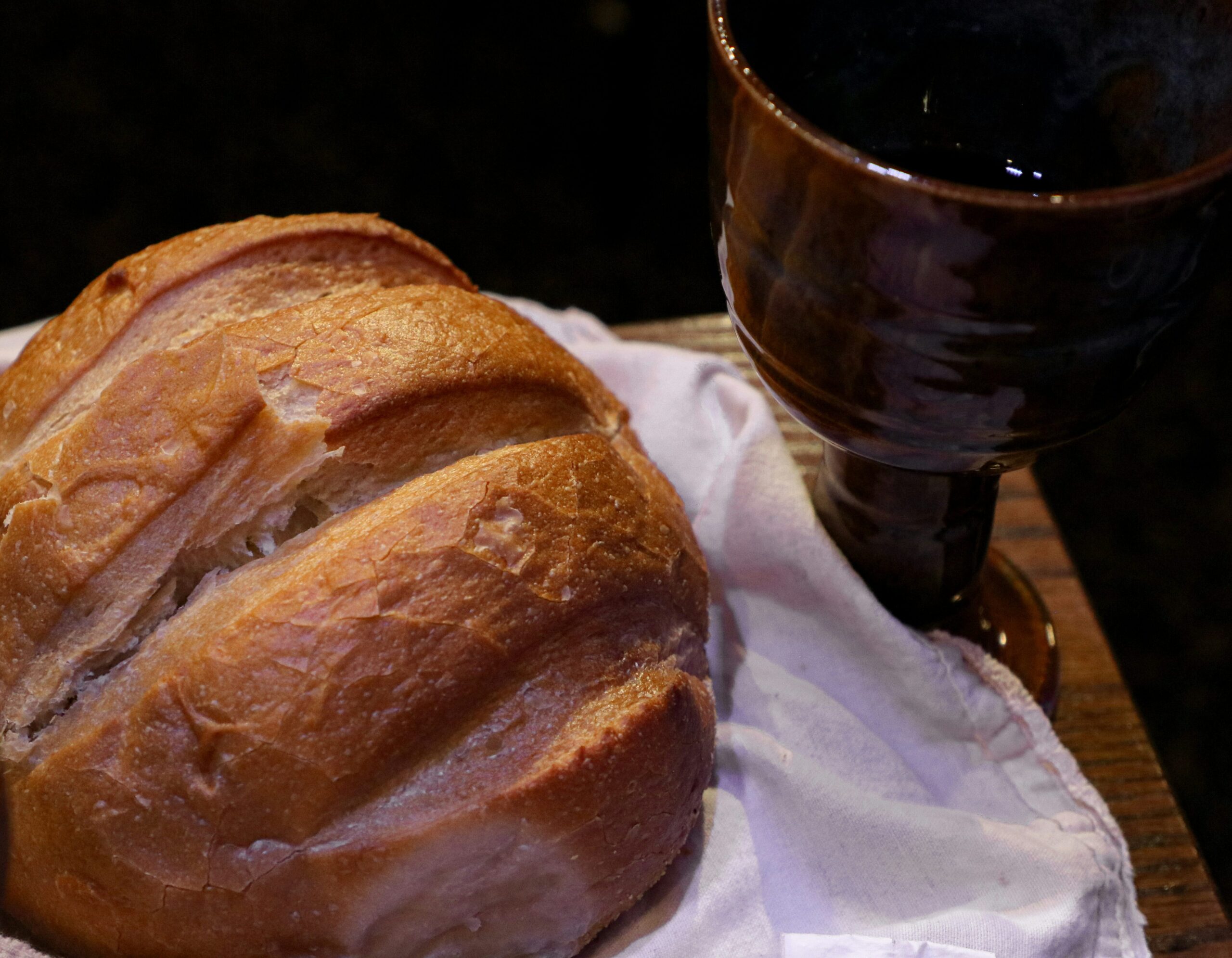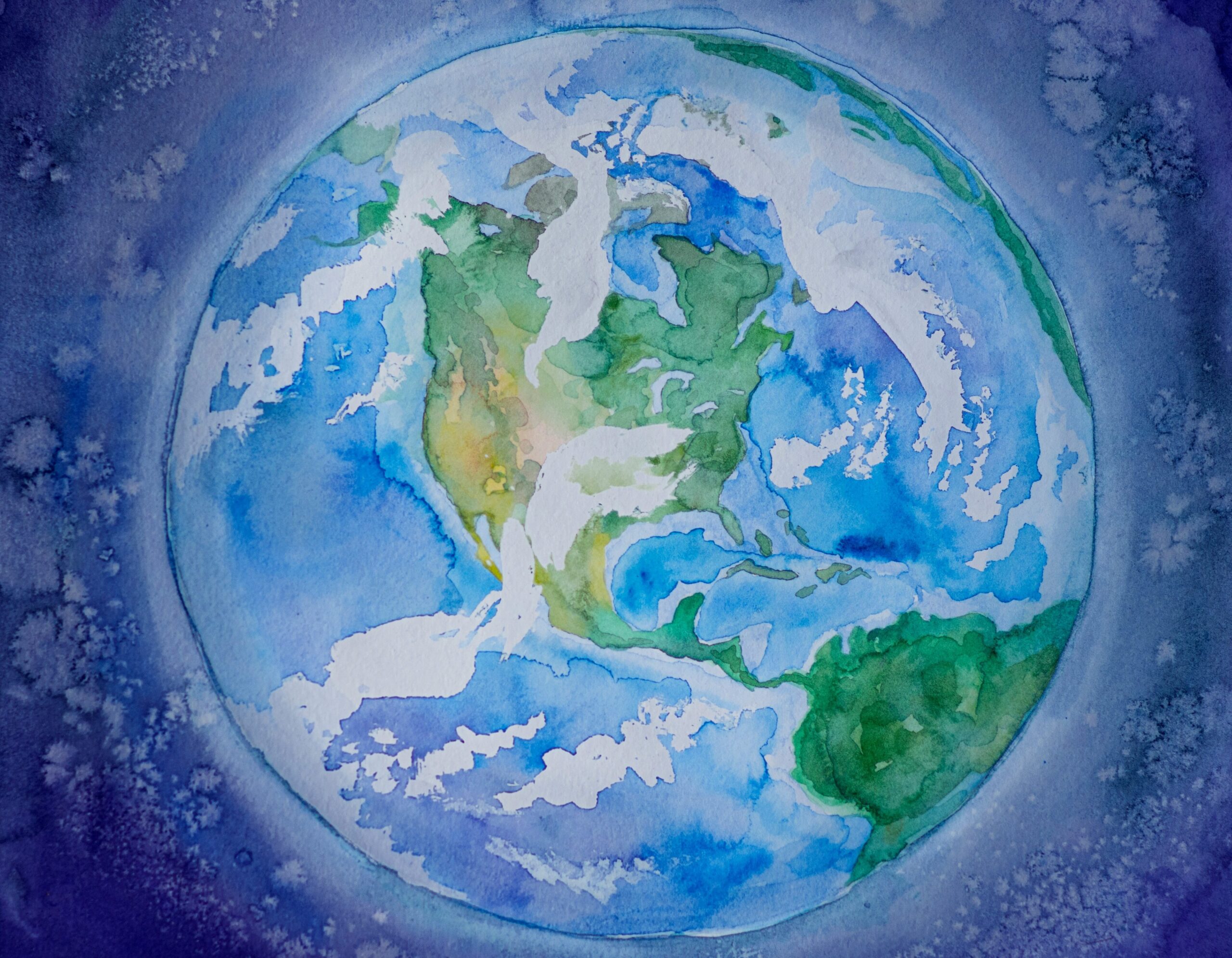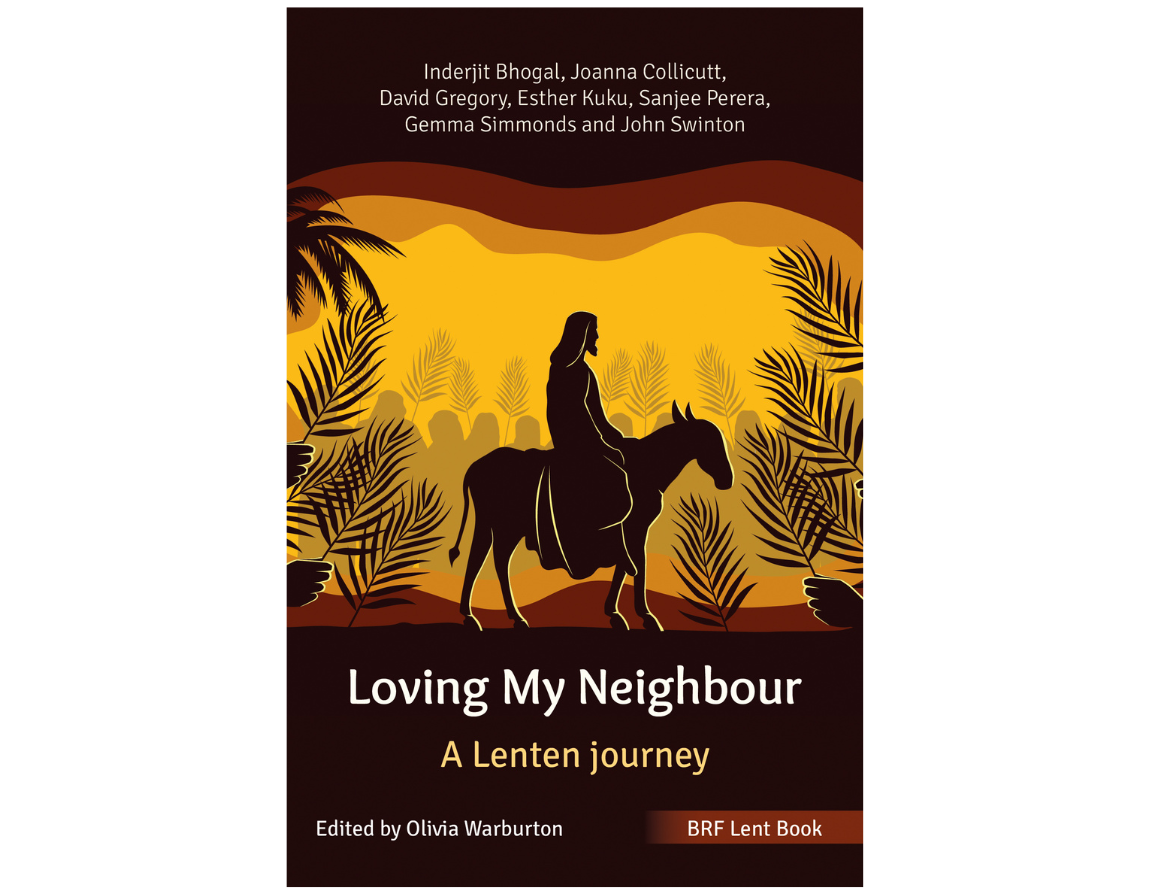Our 2024 Lent book Loving My Neighbour focuses right to the heart of discipleship and what living out our faith really looks like. Bringing together well-respected voices from across the church, it offers a broad and diverse range of perspectives on the biblical imperative to love our neighbour, and provides thoughtful encouragement as we seek to live this out in today’s context, through Lent and beyond. This next extract in our series is from David Gregory’s reflections on ‘Loving the world around us’.
17 March 2024
God of the rainbow covenant
‘I have set my rainbow in the clouds, and it will be the sign of the covenant between me and the earth. Whenever I bring clouds over the earth and the rainbow appears in the clouds, I will remember my covenant between me and you and all living creatures of every kind. Never again will the waters become a flood to destroy all life. Whenever the rainbow appears in the clouds, I will see it and remember the everlasting covenant between God and all living creatures of every kind on the earth.’
Genesis 9:13–16 (NIV)
As in the beginning of the creation story, when God declares ‘Let there be light’ (Genesis 1:3), pushing back the gloom hanging over the primeval ocean, so here at the end of the story of Noah and the flood, marking a new beginning, there is a moment of re-creation as light fills the sky. A moment of covenant. Light – it is a strong word, yet ironically marked by something that seemingly has no substance at all; light, linking this moment and God’s first spoken words, suggesting that God’s bringing of creation into being is also a covenant moment.
Covenant is an agreement between two parties, often one of whom is stronger than the other. It involves a promise of protection and provision, responded to by a promise to honour and serve. Perhaps the rainbow is a fitting symbol of a strong covenant relationship, arising from a massive, enduring source of power – the sun. Rainbows occur when sunlight is bent into its different colours by small and fleeting raindrops – power and weakness, greatness and smallness, together bringing forth wondrous beauty, joining the transient frailty of created beings to the eternal power of God’s being.

The rainbow is a fitting symbol of a strong covenant relationship… joining the transient frailty of created beings to the eternal power of God’s being.
God’s never fading commitment
The idea of covenant is the foundation for the community of God’s people, stretching back to the covenant between God and the founding father of Israel, Abraham. From God’s perspective, the commitment is never fading, yet it waxes and wanes in the hearts and actions of God’s people through the ages. There has been a need of many new beginnings. For Christians, God’s new beginning is found firmly and eternally in Jesus’ life, death and resurrection, celebrated and remembered as we share bread and wine together, elements made from the fruits of God’s creation. Again, like the rainbow, small and fleeting things become signs and symbols of God’s new beginning and new life for humanity.

Again, like the rainbow, small and fleeting things become signs and symbols of God’s new beginning and new life for humanity.
The whole community of creation
Yet God’s rainbow covenant embraces more than humanity alone. This first biblical covenant is with the whole community of creation, with ‘the earth’ (v. 13) and with ‘all living creatures of every kind on the earth’ (v. 16). Human and other: a covenant marked by created things, sunlight and water drops, embracing all created things. It signifies God’s care and sustaining of the world which is brought into being through divine desire and purpose, and the goodness of creation as being able to fulfil God’s hope.
Perhaps we need to look at the covenant of bread and wine through a new rainbow lens. As with God’s rainbow promise, God’s new covenant in Jesus is marked by created things. The climate and environmental crises, for which we all bear some responsibility, have come about as we have focused upon our needs, ignoring the needs of our neighbours in the wider community of creation and placing our value above others with whom we share the earth. They are symptomatic of a lack of humility towards our neighbours – which is strange, when bread and wine mark the ultimate act of humility, of Jesus coming down as a created being, even embracing our life and death.

This first biblical covenant is with the whole community of creation, with ‘the earth’ and with ‘all living creatures of every kind’.
God’s call for a new beginning
So the next time you remember Jesus by sharing bread and wine, as you eat and drink, hold it for a moment in your hands. Listen for God’s call for a new beginning in how you love your human neighbours, but also to value and care for your non-human neighbours too. As followers of Jesus, how might you need to live more humbly towards creation, playing your part in caring for this gift that God shares with us? Perhaps reflect, too, on how the changing climate is increasingly causing many people and creatures throughout the world to lack the means to sustain themselves.
And if this all seems too big – if the news of climate change, its causes and impacts, makes you ask what in your small life can you do about it – then keep a look out for rainbows. And the next time you see one, stop for a while. Not only to take in its beauty, but to recognise that smallness and greatness meet here. Fragile and fleeting, yet marking something strong and eternal: God’s care for all creation. As the raindrop opens itself to the power of light, so, in your smallness, offer yourself to God to live more deeply within his loving purpose for and towards your neighbours within the whole of the community of creation.


